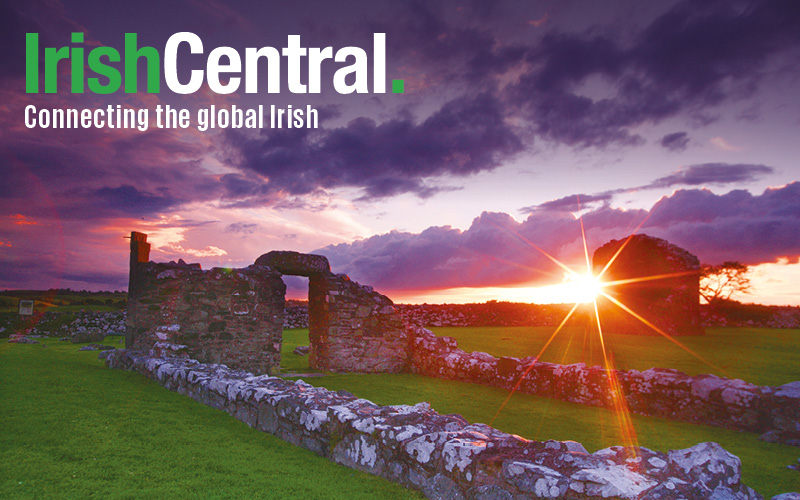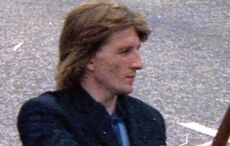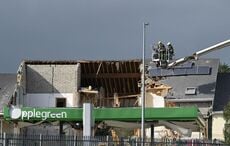Irish women at risk of the type of breast cancer which Angelina Jolie was tested for must wait 18 months for their results to see if they have the life-threatening gene, due to chronic under funding.
The Irish Cancer Society has said due to Ireland’s Health Service Executive’s (HSE) budget issues patients must wait up to a year and a half for a referral to a center of excellence to find out if they’re at risk from this life-threatening gene.
Hollywood royalty Angelina Jolie has announced that she underwent a double mastectomy having received the positive diagnosis for the BRCA1 gene marker. Jolie, knowing she has a family history of breast cancers, took the test and made the decision to lower her risk of breast cancer by undergoing a double mastectomy.
Naomi Fitzgibbon, the Irish Cancer Society’s information manager told the Irish Examiner, “The test results can be known within about six weeks, but there’s a shortage of funds so the waiting list is about 18 months. There’s a huge problem for getting the test.”
In Ireland, up to 200 to 300 Irish women receive this news every year.
A positive diagnosis for the BRCA1 or BRCA2 gene means that women have an 85 percent risk of developing cancer. These gene markers are linked to between 5 and 10 percent of all breast cancer cases.
Currently in Ireland women who believe they might carry this “faulty” gene must contact their doctor who can then refer them to one of the country’s eight cancer centers for excellence. After further testing they may be sent for genetic tests. This free blood test will be carried out at the Crumlin Hospital- based National Centre for Medical Genetics.
Despite Ireland’s health system’s short fallings Fitzgibbon praised Jolie’s bravery at making her own situation very public. She said the mother-of-six is “very brave” and will help countless women going through “the fear of a diagnosis.”
Jolie, who is engaged to Hollywood star, Brad Pitt, will be featured on TIME magazine’s cover with the headline “The Angelina Effect.”
TIME magazine talks about the young science of genetic screening but also commends Jolie’s actions saying her “brave example can make us all smarter and help keep us all healthier—but only if we take the right lessons from it.”




Comments